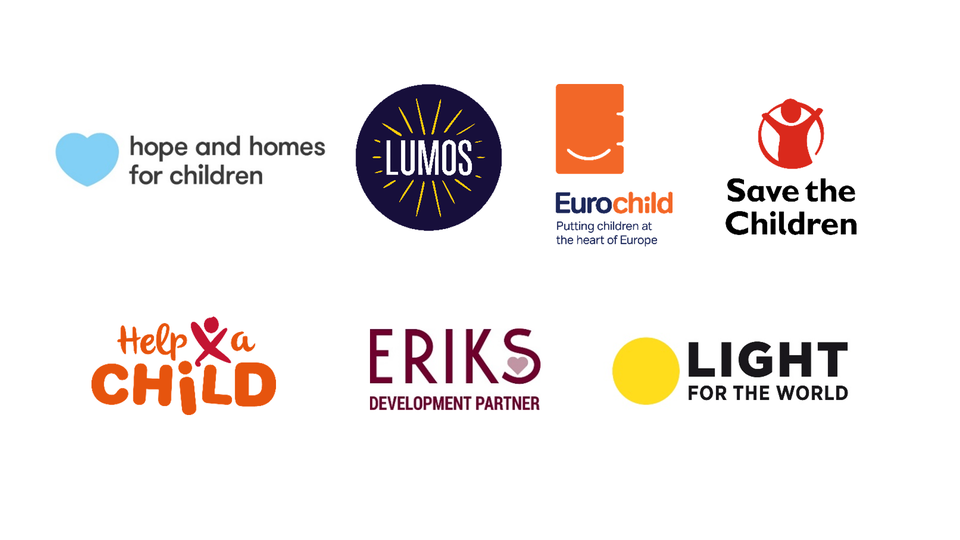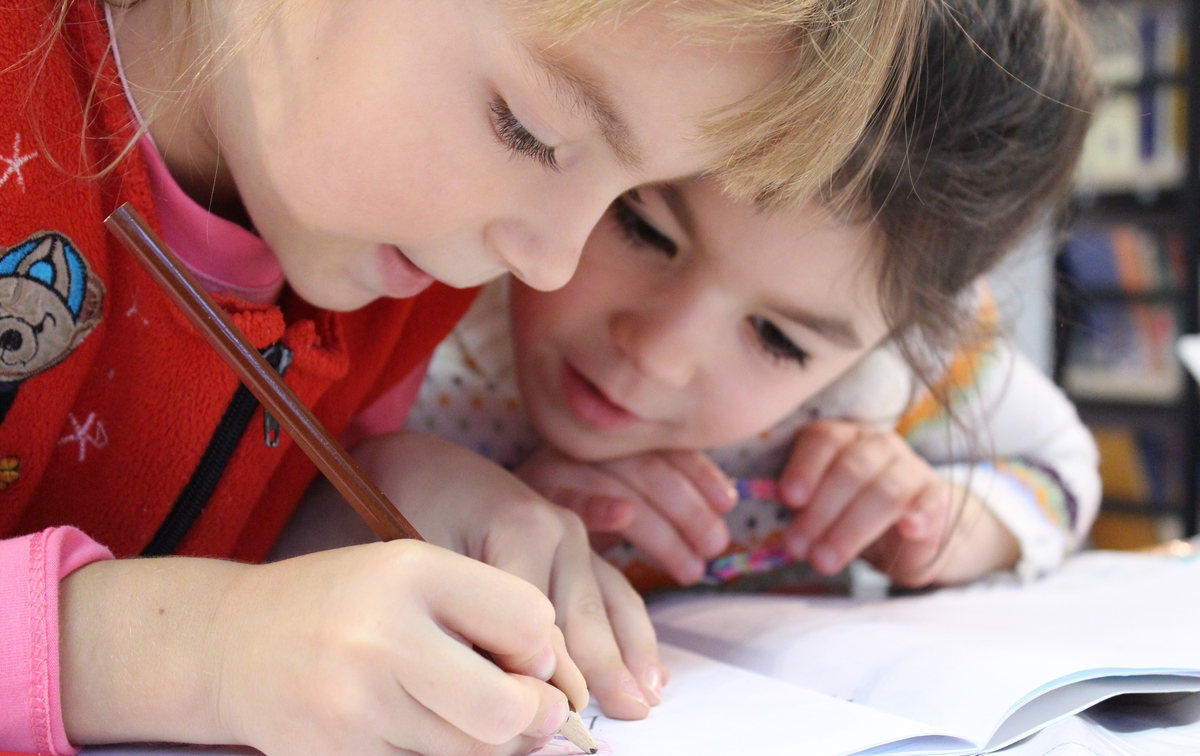The new Neighbourhood, Development and International Cooperation Instrument (NDICI) - also referred to as the Global Europe Instrument, that entered into force in June 2021, presents a great step forward for children’s rights globally. More specifically, the new instrument has great potential to advance deinstitutionalisation of children worldwide, as it actively promotes their right to grow up in the community. An estimated 5.4 million children are living in institutions globally[1], and many more are at risk of family separation.Over 80 years of research from across the world has evidenced the risk of significant harm, both physical and psychological, caused to children in institutions who are deprived of loving parental care.[2]
Over the past years, the EU has been playing a key role in promoting and contributing to the transition from institutional to family- and community-based care within Europe, through its internal policies and funding instruments.[3]Now, for the first time ever, this commitment has officially been extended to the EU external funding instruments with the adoption of the NDICI Regulation. After years of targeted advocacy alongside our partners,[4] Hope and Homes for Children, Lumos, Save the Children, Eurochild, Light for the World, Help a Child, and Erik’s Development Partner warmly welcome this positive development and appreciate that many of our recommendations have been taken on board by the European Commission, the European Parliament and the Council of the European Union.
With an envelope of €79.5 billion for the coming 7 years, the new NDICI has included the promotion of the transition from institutional to community-based care for children as an area of cooperation and intervention, for both its geographic and thematic programmes. This commitment is supported by the EU Action Plan on Human Rights and Democracy 2020-2024, which prioritises the development of quality alternative care and the transition from institution-based to quality family- and community-based care for children. Furthermore, in the global dimension of the EU Strategy on the Rights of the Child, the European Commission also committed to “invest in the development of quality alternative care and the transition from institution-based to quality family- and community-based care for children without parental care and children with disabilities”.
The coming years present a unique opportunity for the EU to catalyse care reform globally and ensure that no child is left behind. In order for this to happen, it is now crucial that the commitments to deinstitutionalisation are translated into concrete actions, by ensuring that the transition from institutional to family- and community-based care is embedded in country-specific programming and features in the NDICI calls for proposals.
[1] Desmond. C., et al. (2020). Prevalence and number of children living in institutional care: global, regional, and country estimates. Lancet Child Adolescent Health. VOLUME 4, ISSUE 5, P370-377. https://doi.org/10.1016/S2352-4642(20)30022-5 [Accessed 24 June 2020]
[2] Berens & Nelson (2015). The science of early adversity: is there a role for large institutions in the care of vulnerable children?The Lancet. http://www.thelancet.com/journals/lancet/article/P...61131-4/abstract [Accessed 16 September 2016]
[3] The EU has mainly been promoting the transition from institutional to family- and community-based care through the European Structural and Investment Funds. For more information see: Community Living for Europe: Structural Funds Watch (2018). Inclusion for all: achievements and challenges in using EU funds to support community living. https://eustructuralfundswatchdotcom.files.wordpress.com/2019/09/strucutral-funds-watch_inclusion-for-all.pdf [accessed 27 September 2021].
[4] Lumos, Hope and Homes for Children, et al. (2017). Putting Child Protection and Family Care at the Heart of EU External Action. https://www.wearelumos.org/resources/putting-child-protection-and-family-care-heart-eu-external-action/ [accessed 27 September 2021].

A group of 7 NGO’s working on children’s rights call on the European Commission and EU Delegations around the world to include comprehensive child care system reform, as well as measures strengthening the enabling conditions for reform, among their funding priorities for the 2021–27 programming period.
Our key recommendations:
- Ensure EU investments to promote the transition from institutional to community-based care for children in partner countries are based on a thorough needs analysis to identify the specific needs of children, families and communities.
- Prioritise preventative actions that tackle the drivers of family separation and institutionalisation by ensuring children grow up in safe, nurturing and supported families, and providing access to social protection as well as a wide range of services in the community such as early childhood development, inclusive education, health, etc.
- Support structural reforms of child protection and care systems through the transition from institutions to family and community-based care for all children. This includes the planned closure of institutions and measures to increase the availability of family-based care. Reforms should aim at strengthening the child protection system as a whole, to protect children from violence, abuse and neglect and ensure the full realisation of their rights.
- Identify countries with promising practice and experience in transitioning from institutions to family- and community-based care for children (‘pathfinder countries’), and ensure NDICI funding supports comprehensive child care system reform in these countries in the 2021-2027 period.
- In parallel, support actions that strengthen the enabling conditions for care reform also in countries that are lagging behind.
- Across all relevant geographic and thematic programmes, promote synergies between care reform and key related areas such as inclusive education, fight against poverty and social exclusion, gender equality, rights of persons with disabilities, etc.
- Explicitly prohibit the use of NDICI funds to renovate or support institutions for children, in coherence with the EU’s commitments to promote family and community-based care. Ensure that indirect investments, such as energy proficiency for buildings which house children’s institutions, are also avoided.



